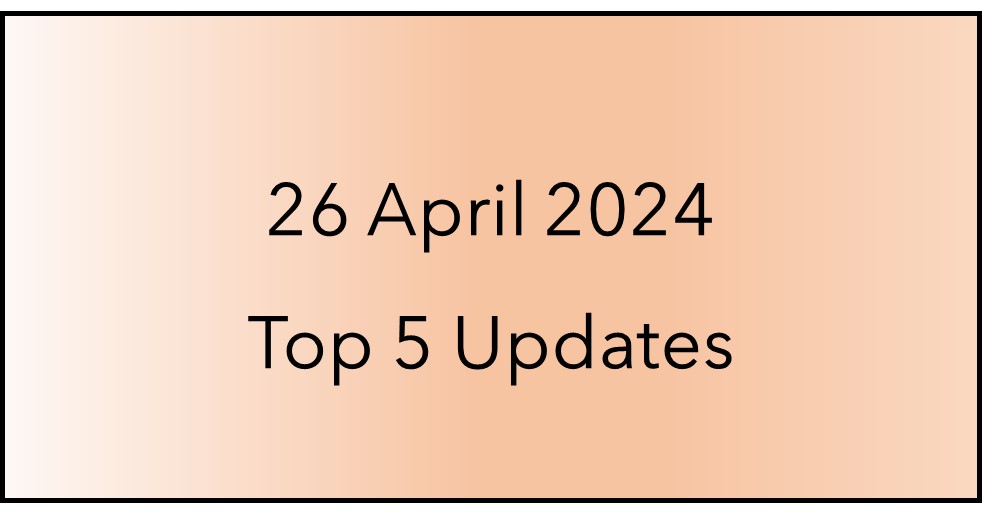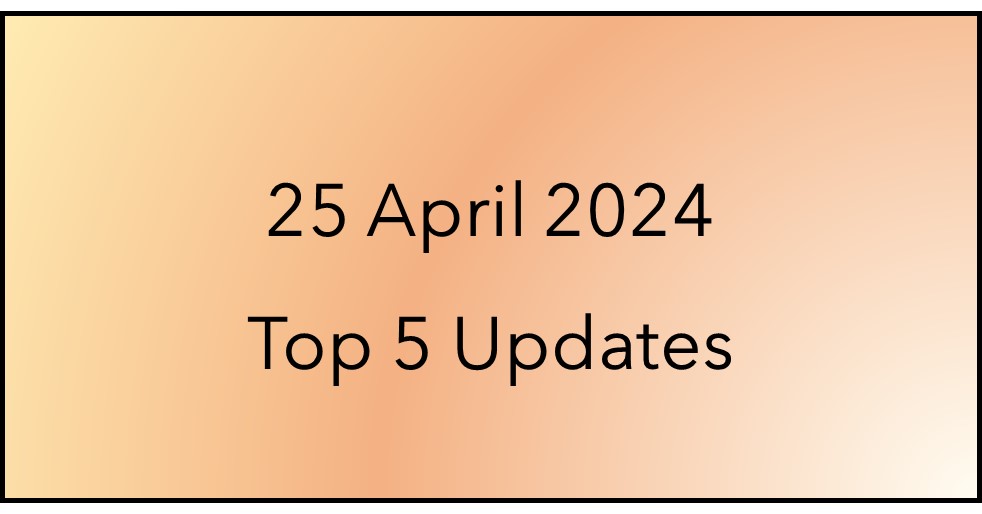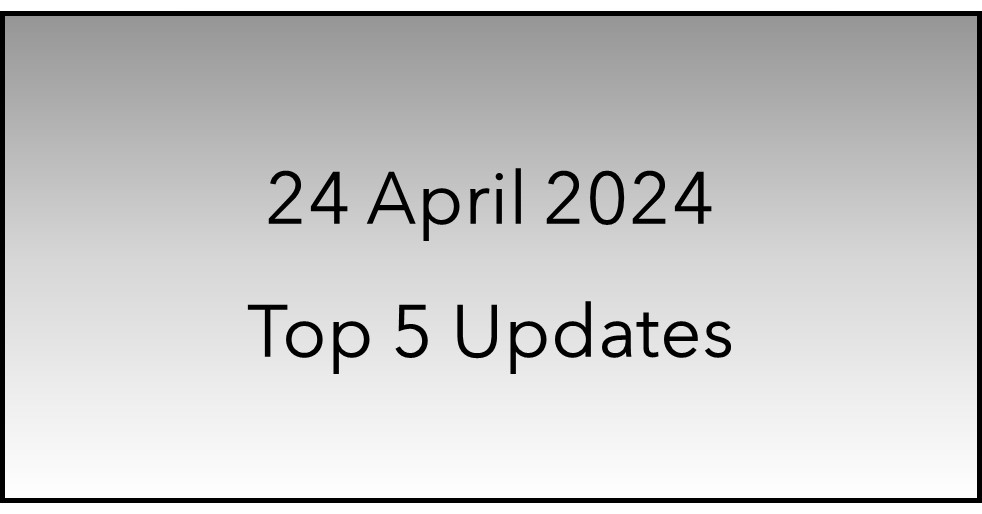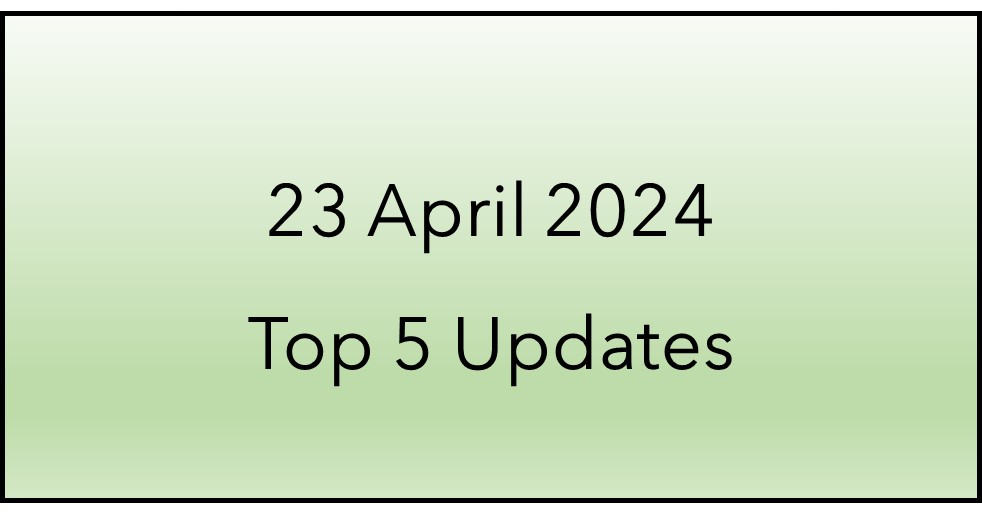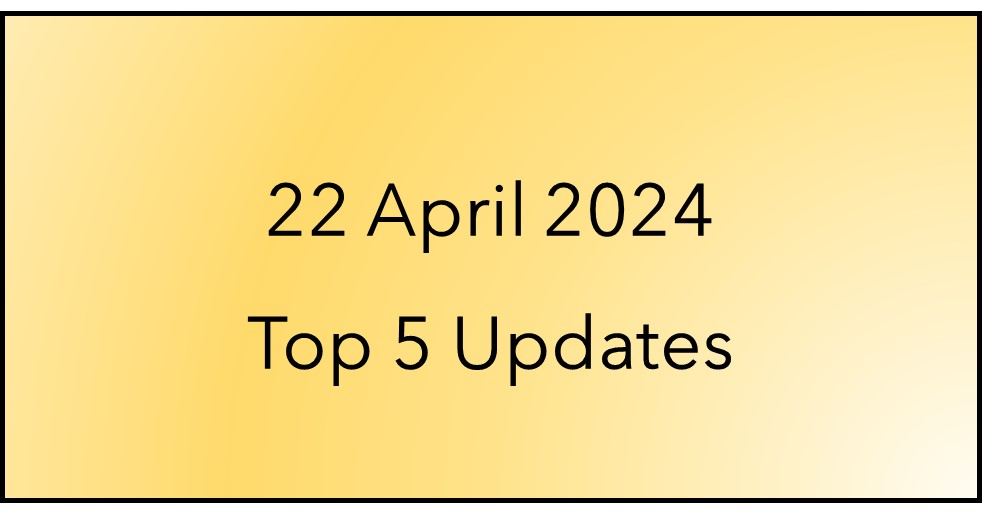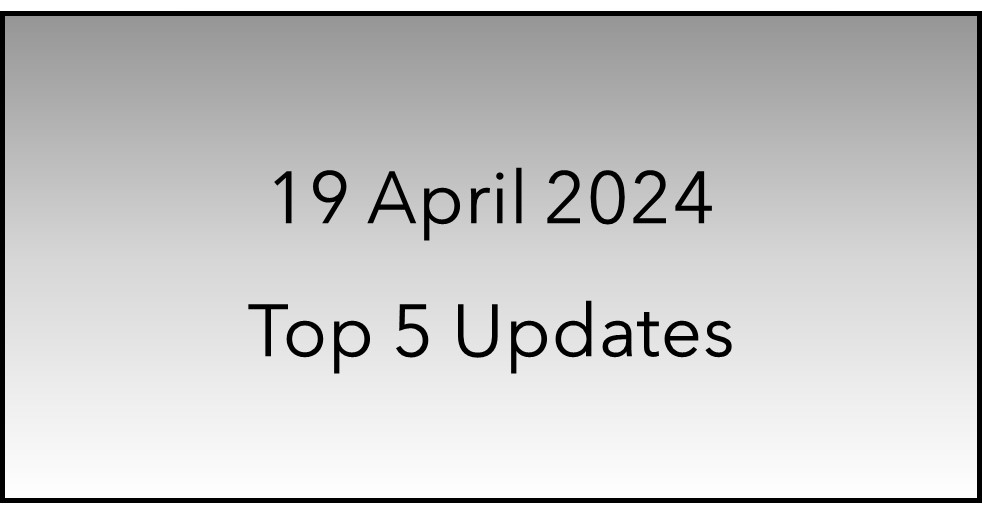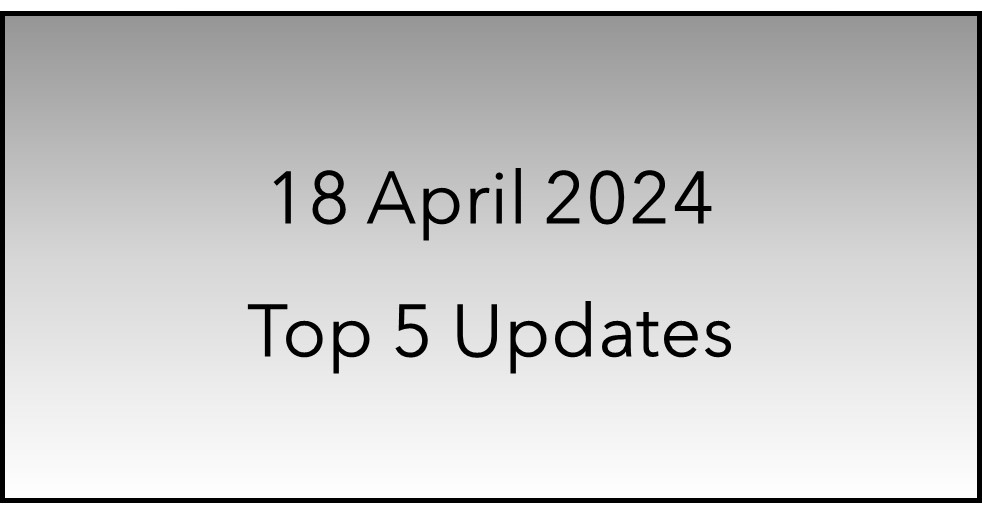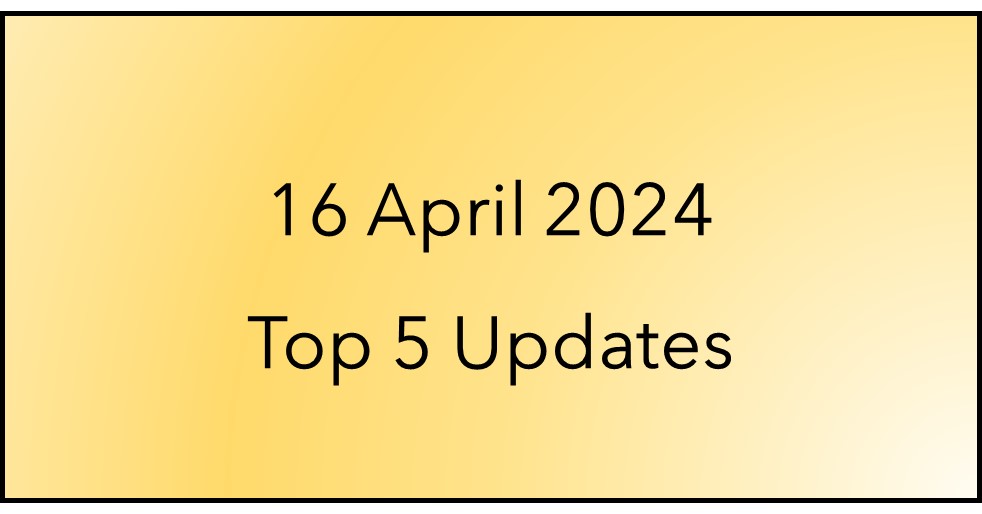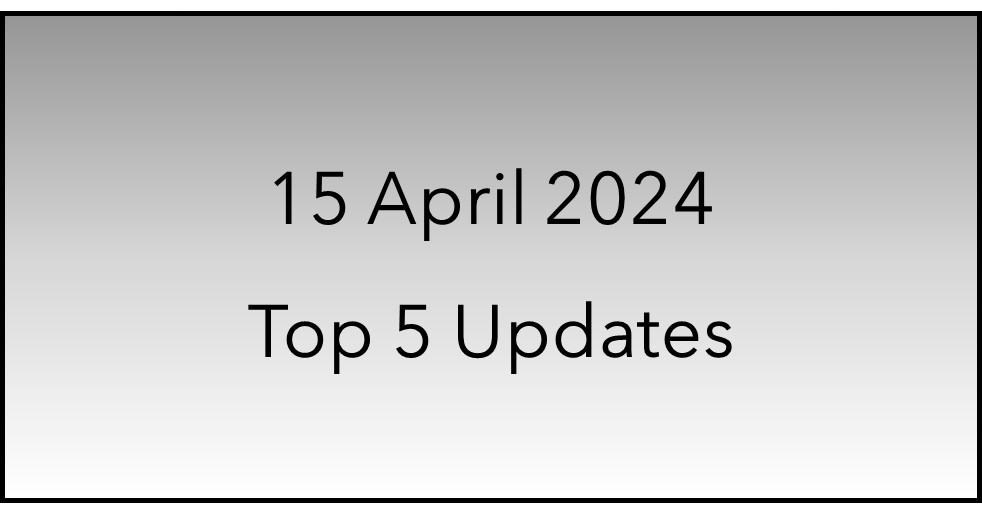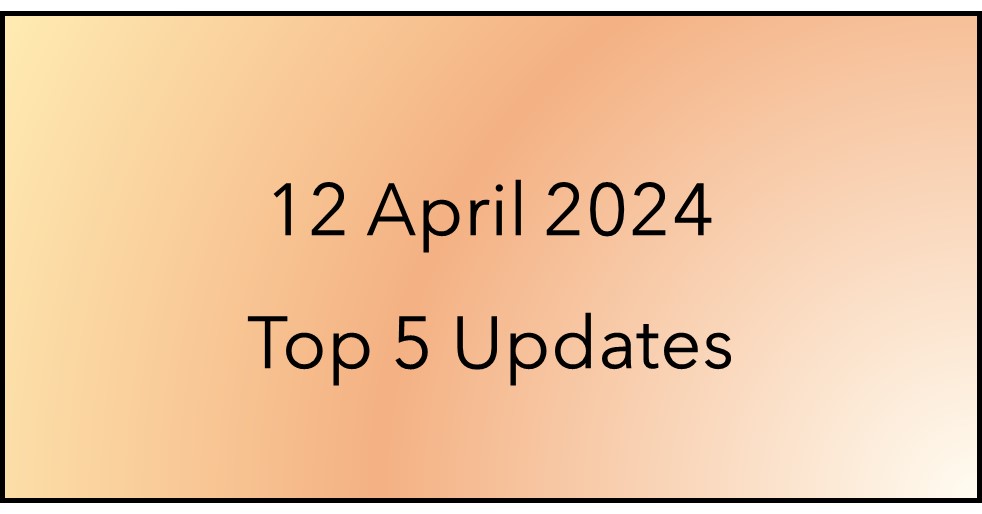Dear Reader, we are happy to share the most interesting legal and policy updates concerning health industry that we read today. We hope you enjoy reading it.
New Framework to be created to separately regulate prices of Medical Devices
In response to demands from industry associations, India’s Central Drug Price Regulator, the National Pharmaceutical Pricing Authority (NPPA), in collaboration with the Department of Pharmaceuticals is reportedly in the process of developing a special pricing framework for Medical Devices comparable to similar prevailing regulations in other jurisdictions.
Source: bit.ly/49Wh8hc
Testing Standards for stability testing of In-Vitro Diagnostic Medical Devices have been prescribed to obtain manufacturing/ import license
India’s Central Drugs Standards Regulator (CDSCO) has released a draft Guideline regarding conduct of Stability Studies for In-Vitro Diagnostic Medical Devices (IvDMD). These guidelines cover the standards and testing for determining the overall shelf life, individual component stability, stability during transportation as well as, in-use stability of IvDMD. These guidelines are applicable for all manufacturers who are in preparation of submitting a pre-market review document in pursuance of obtaining a manufacturing/ import license under the Medical Devices Rules, 2017.
Source: bit.ly/4aP4TUJ
Students pursuing courses in Indian System of medicine will have to give exit test prior to applying for Registration as a practitioner of Indian System of Medicine: Delhi HC
In a recent decision, the Delhi High Court has held that only those students that have already obtained their respective recognized qualifications (either a BAMS, or BUMS degree) would be permitted to initiate the process for registering as a practitioner of Indian Traditional Medicine. This decision was taken on the basis of Sec. 15(1) of the National Commission for Indian School of Medicine Act, 2020 which mandates a common final exit test to be cleared prior to registration with State Register.
Source: bit.ly/3JxjPLo
Government relaxes obligation of deductees to pay higher TDS for persons whose PAN remained inactive for FY 2023-2024
In pursuance of Circular No. 3 of 2023, a person whose PAN (Permanent Account Number) has become inoperative has been subject to a higher rate of TDS. The Central Board of Direct Taxes has issued a notification recently, which relaxes this obligation of persons to deduct at a higher rate of TDS, for all transactions dated till 31st March 2024 provided that the linked PAN is reactivated before 31st May 2024.
Source: bit.ly/4aR96HE
AI Taking up more of Doctors’ time since it needs more training and monitoring
In a set of recently published studies at various teaching hospitals, it was revealed that using AI to manage patient interaction and medical records to assist Doctors has in fact, lead to Doctors spending more time on the tasks delegated to the AI, since the Doctors were now required to train and supervise the AI in addition to carrying out their regular responsibilities for these tasks.
Source: bit.ly/3Wg75QU

